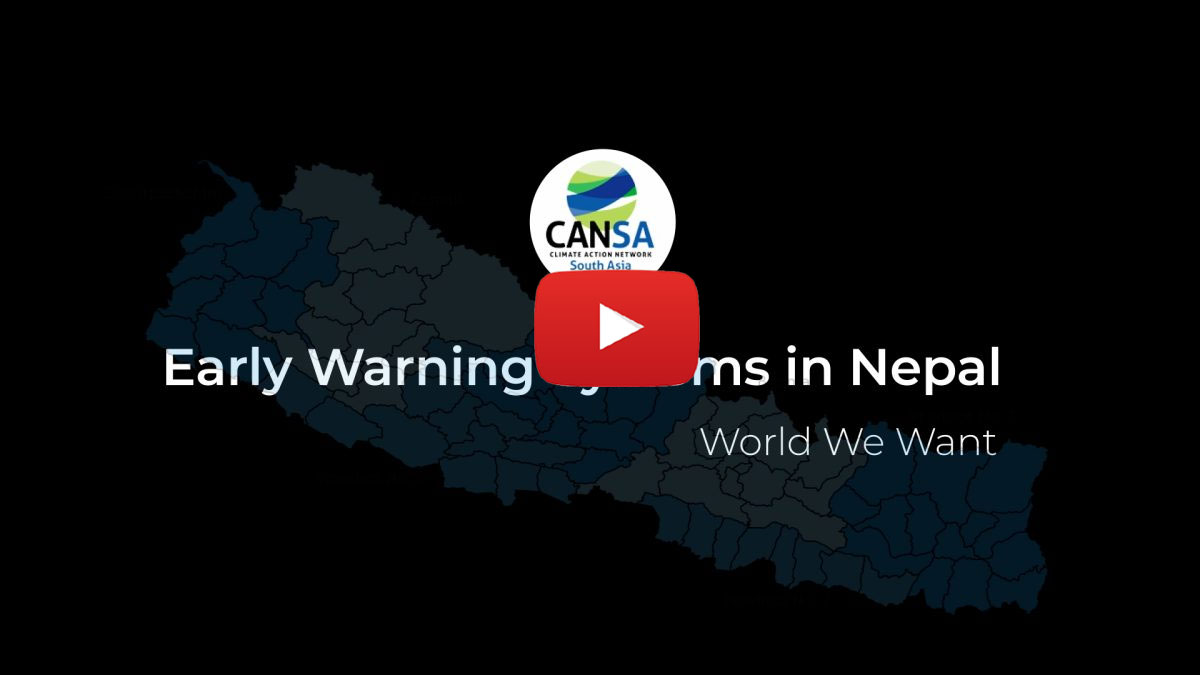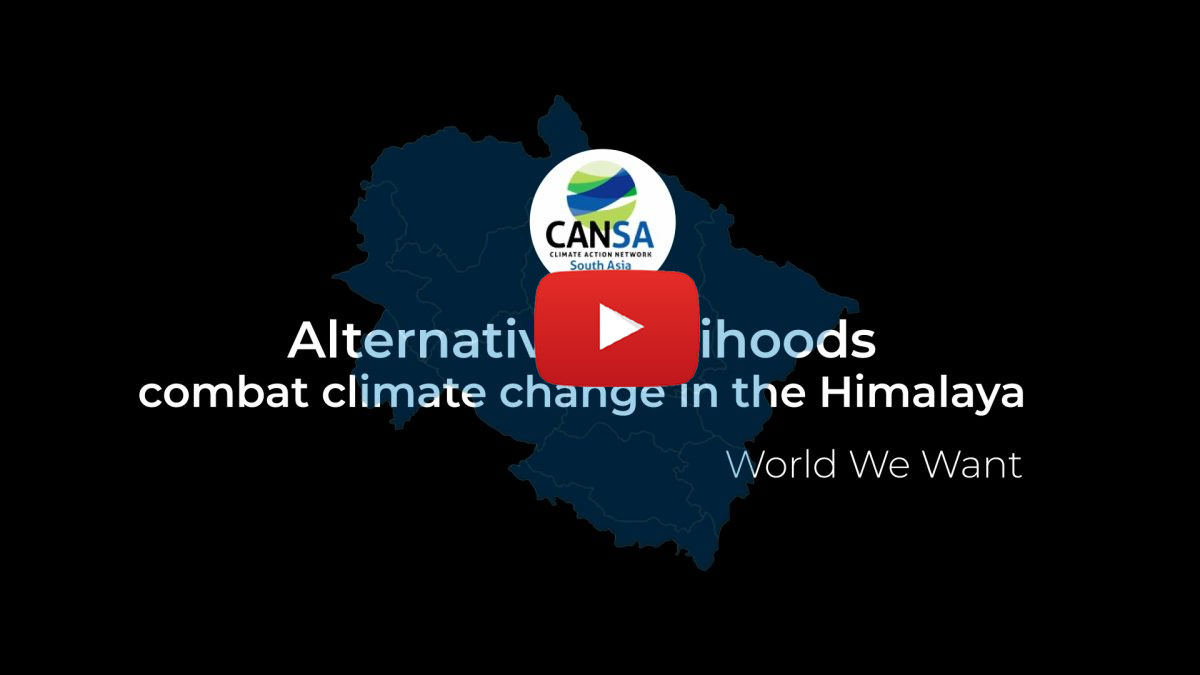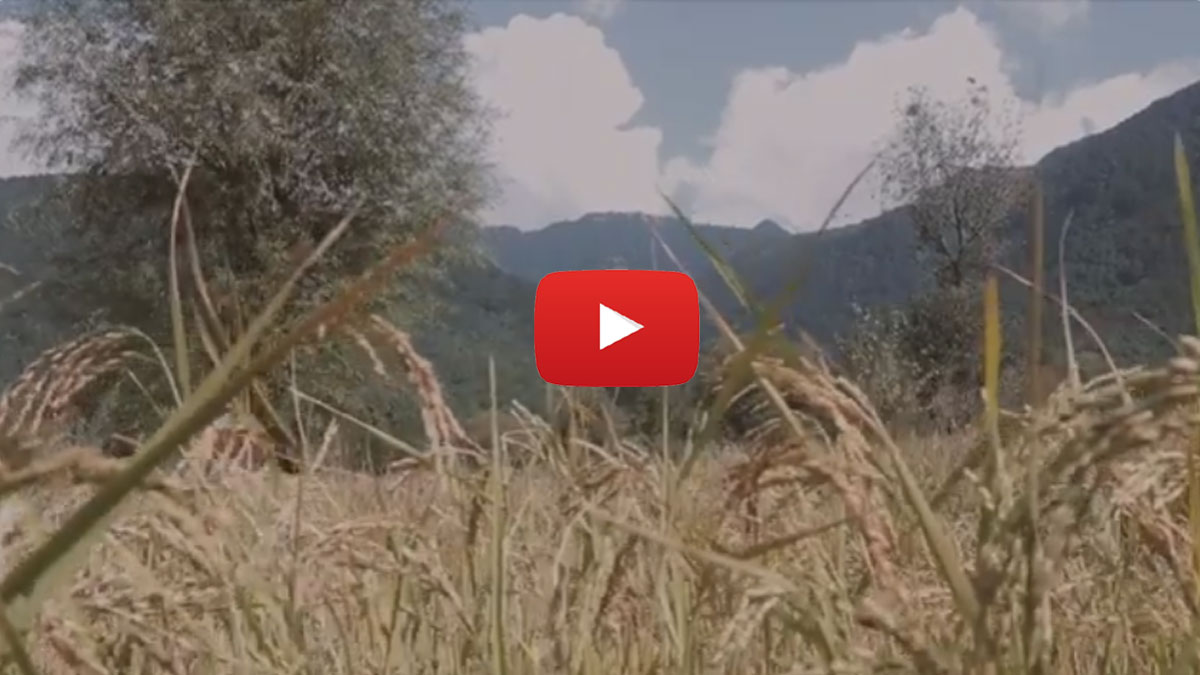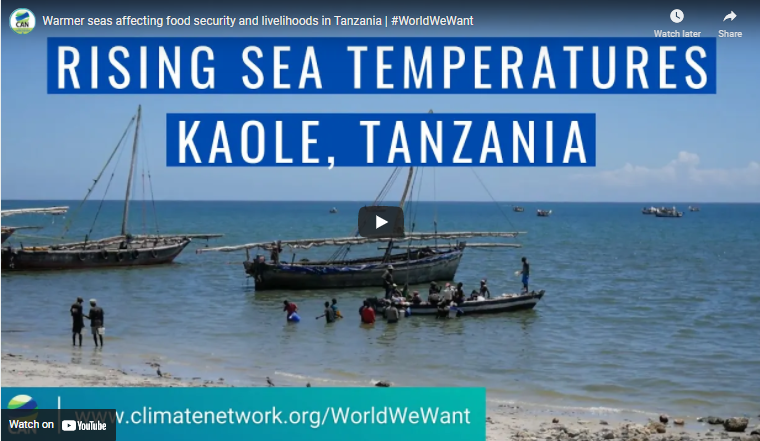#WorldWeWant Campaign on Climate Impacts

The Climate Action Network (CAN) #WorldWeWant Campaign on Climate Impacts drives collective action through the stories of communities affected by the climate crisis and serves as a clarion call for governments to address multiple and compounding crises to protect their citizens for a safe and resilient future. Through compelling, locally-produced, short smartphone videos we witness how decades of inaction on the climate crisis are impacting people, but also learn how communities are using grassroots solutions in both developing and developed countries to hold their leaders accountable.
The 2021 United Nations Climate Change Conference, or COP26, is the 26th United Nations Climate Change conference. It is scheduled to be held in the city of Glasgow, Scotland from 31 October to 12 November 202. It is important to convey the need for urgent and increased climate action as millions of people across the world keep suffering from droughts, floods, fires & food shortages. In this video, Scottish activists explain how their homes, livelihoods, Gaelic language and culture is at risk due to rising sea levels. They call upon frontline communities to stand together in asking for URGENT and AMBITIOUS climate action as the only way to make the COP26 in Glasgow a turning point in climate action.
Are you willing to volunteer to tell authentic stories of courage and innovation from your community/region within South Asia?
It’s a fabulous opportunity for you to participate in sharing regional stories of how people are impacted due to the climate crisis and what they do about it. We want to know how people/communities are tackling problems like the climate crisis, Covid, and poverty in their countries.
We want YOUR participation as citizen journalists to help us with getting the right stories of the ‘world we want’ on video.
If this excites you, then do contact us at: Divyanshi Yadav (divyanshi@cansouthasia.net) or Purnima Joshi (purnima@cansouthasia.net)

Early Warning Systems in Nepal
At least 175 lives are lost every year due to floods in Nepal. The economic losses to the Himalayan country due to floods are pegged at $140 million and damage to assets is at 1.4% of GDP.
For those living in Nangapur village in Nepal, living with floods is an everyday reality. The Karnali, a major river in Nepal, deluges hundreds of villages in Nepal, and people in the lower Karnali basin area, can’t sleep in the monsoon, due to fear of the gushing waters washing them away with their homes.
Ever since the installation of early warning systems along all river basins the situation has considerably improved – many lives have been saved and loss and damage to property reduced.

Alternative livelihoods combat climate change in the Himalayas
Climate change has badly affected agriculture-based livelihoods in the Himalayan state of Uttarakhand of India. Agriculture is becoming increasingly difficult in the Himalayan slopes, but farmers are responding with the spirit of resilience and enterprise.
Local communities have resorted to alternate livelihoods and combat future impacts of climate change. These include quail farming, mushroom cultivation, bee-keeping, and choosing climate-resilient species, as a means of income livelihood to people, and reverse the trend of migration from the hills.

Local water conservation restores livelihood in Himalayan villages
Depleting water resources in the Himalayan state of Uttarakhand in India, are causing agriculture and drinking water problem and aggravating forest fires.
Climate change is causing depleting and drying up of water sources. Recharging the water sources -lakes, springs – in the simplest and low-cost method by building trenches that hold and recharge the water aquifers has been adopted. It has solved water shortages for drinking and agriculture and also reduced forest fires. The locals from Pata village have also planted trees that hold water.










